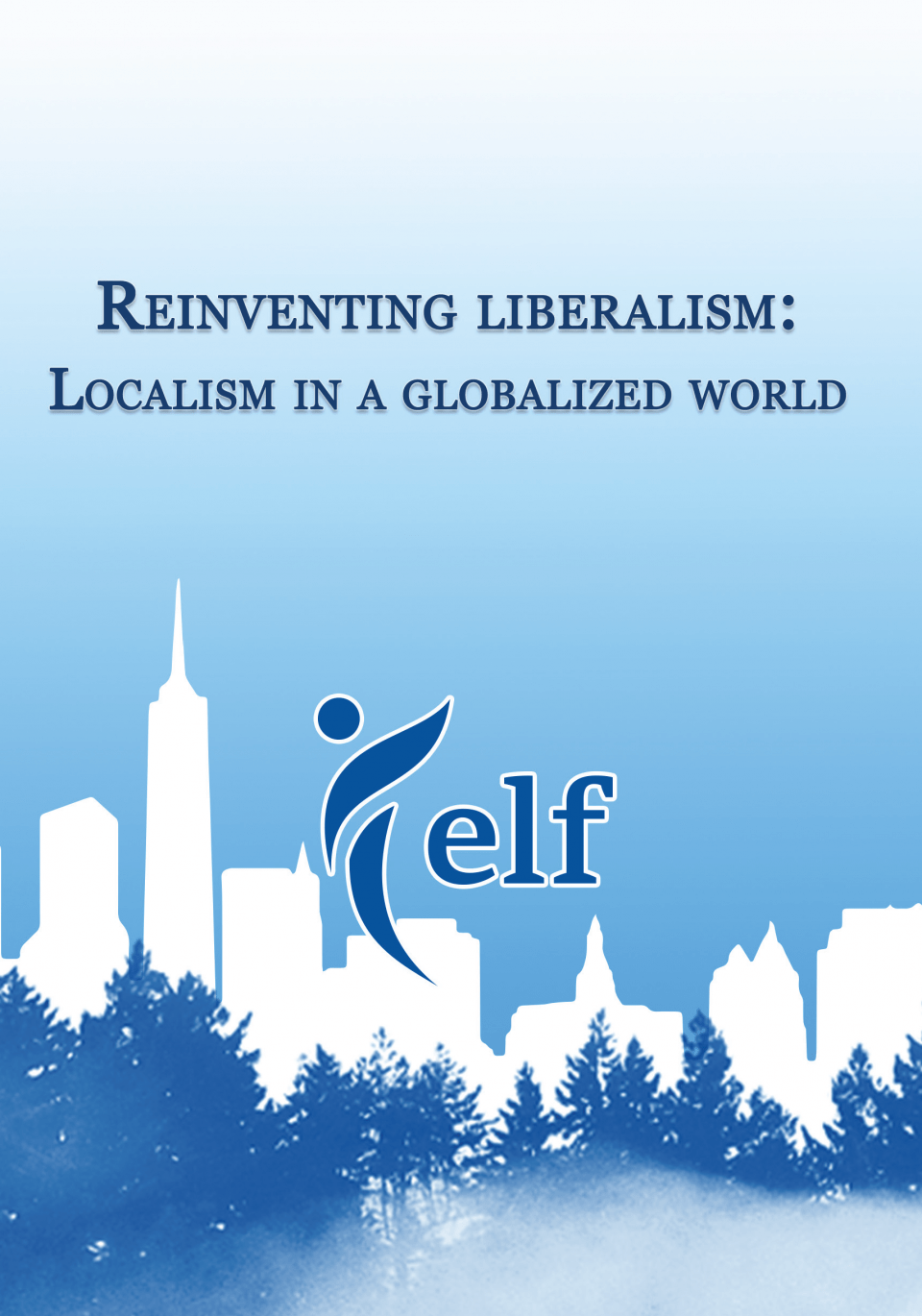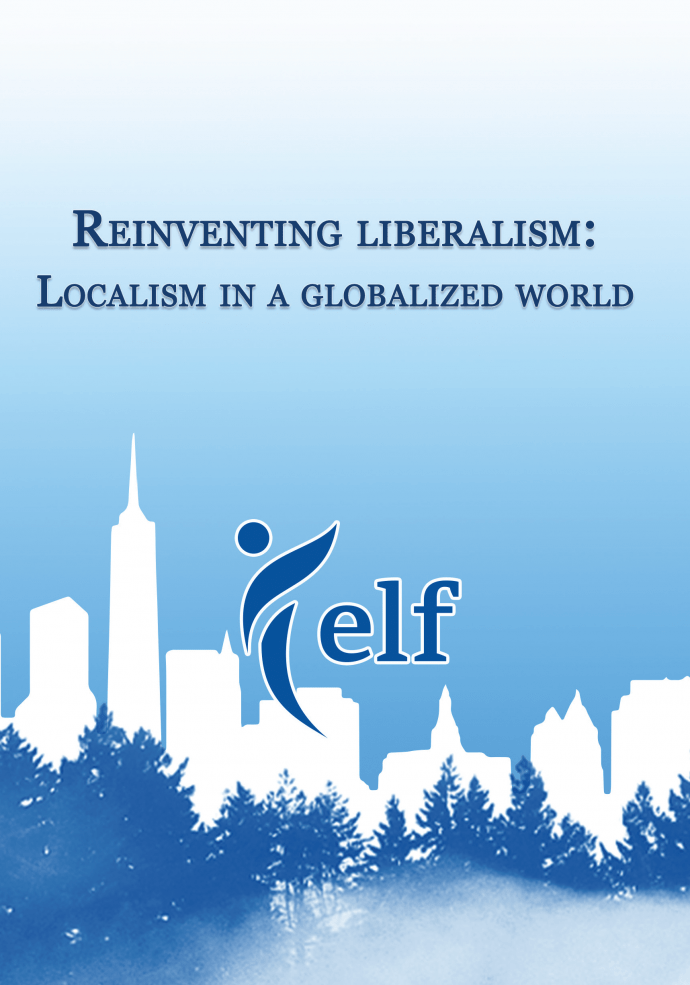Year: 2019
Authors: Aleksander Aristovnik, Virág Bagi, Sára Baló, Robert Braun, Milosz Hodun, Dániel Mikecz, Dejan Ravšelj, Marko Ropret, Soma Sárkány and Andrea Virág
During the 2016 US presidential election, the Brexit campaign and the recent parliamentary election in Hungary populist politicians contradicted the globalized city, urban lifestyles and multiculturalism with the traditional countryside, with Christian culture, with the lagging industrial areas and with local communities. However, the Hungarian case proves that populist politicians do not want to solve the problems of local communities, but wish to exploit the abovementioned anxiety by fueling the fear from globalization (i.e. European integration, migration). Independent local communities could also hinder the centralization of power. Thus the populists’ goal here is to build a patron-‐client hierarchical relation.
The ‘good king’ solves the problem of the local community, which should demonstrate political loyalty in return. This is an asymmetrical power relation, the exploitation of local political, social problems. An important challenge of contemporary liberalism is to answer this challenge by mitigating the uncertainties, the anxiety of local communities and by offering liberal local policies, which can ensure autonomy, confidence and entrepreneurship. With the help of the communication technologies of the 21st century it is possible to create cheap, transparent municipalities and participative local politics.

